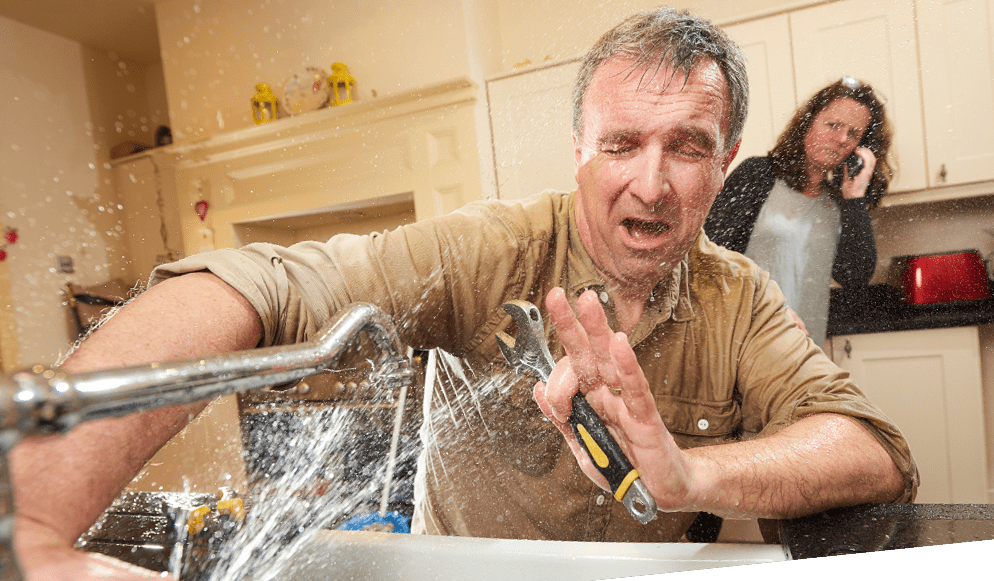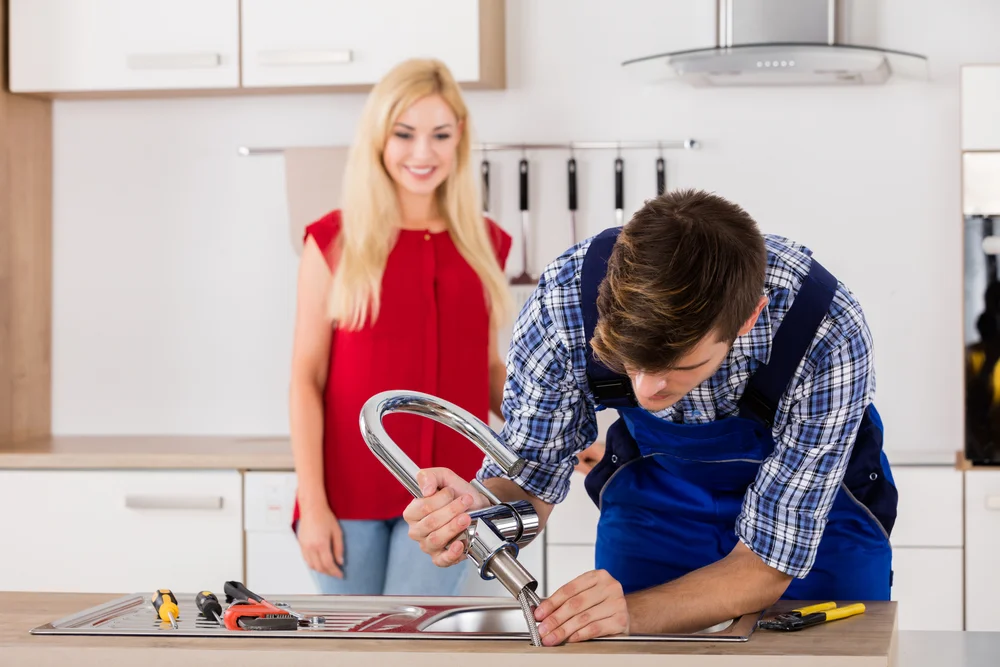Immediate Tips for Critical Situations Until Support Arrives
Immediate Tips for Critical Situations Until Support Arrives
Blog Article
How do you really feel in relation to What to Do While Waiting for an Emergency Plumber?

Plumbing emergency situations can strike at any time, triggering anxiety and possible damages to your home. Whether it's a burst pipe, a clogged up drainpipe, or a leaky faucet, understanding just how to take care of the situation up until an expert plumbing professional arrives can save you from additional difficulties. This article offers necessary emergency situation plumbing suggestions to assist you alleviate damages and regain control during a plumbing dilemma.
Shut off the Water System
The very first step in any pipes emergency situation is to shut down the water supply. For localized issues, such as a leaking faucet or bathroom, shut off the shutoff near the component. When it comes to a significant leakage or ruptured pipeline, situate your home's main water shut-off valve and turn it off instantly. Understanding the location of these valves beforehand can save important time during an emergency.
Address Tiny Leakages with Momentary Solutions
Tiny leakages can promptly come to be substantial troubles if left untreated. Utilize these momentary repairs till specialist aid arrives:
While these solutions aren't irreversible, they can aid minimize water loss and damages.
Unclog Drains Pipes Securely
A blocked drain can be an aggravating and messy issue. Here's just how to tackle it:
If these techniques don't function, prevent utilizing excessive pressure, as it might intensify the blockage.
Manage Overflowing Toilets
An overruning toilet can trigger instant mayhem. Right here's what you ought to do:
Turn off Your Water Heater
In particular emergency situations, such as a burst pipe, it's important to turn off your water heater. This prevents getting too hot or damage to the device when water quits flowing. Switch off the power supply to the hot water heater (electric or gas) and allow it cool off to avoid possible dangers.
Temporarily Quit a Ruptured Pipe
A ruptured pipe can lead to substantial water damage in mins. To alleviate the issue:
Call a professional plumbing professional right away to address the issue permanently.
Manage Frozen Pipes Carefully
In cooler environments, frozen pipes are an usual emergency. If you believe a frozen pipeline:
Prevent Further Damage
Taking quick activity to decrease damages can save you time and money over time. Right here's exactly how:
. Have an Emergency Plumbing Kit
Prepare a basic plumbing emergency set to deal with small problems successfully. Your set ought to include:
Having these devices available can make a substantial distinction in your ability to handle emergencies.
Know When to Call a Specialist.
While quick fixes can help momentarily, certain pipes issues call for prompt expert attention. Call a plumber if:.
Without delay contacting a specialist guarantees the concern is fixed appropriately and avoids more problems.
Conclusion.
Plumbing emergency situations can be overwhelming, yet with the best expertise and devices, you can manage the circumstance effectively up until aid shows up. By switching off the supply of water, resolving small leakages, and making use of short-term solutions, you can minimize damages and keep your home safe. Keep in mind, these pointers are temporary options; constantly speak with a qualified plumber to manage the origin of the problem. Preparation and fast reasoning are your best allies in any type of pipes emergency.
8 Helpful Tips for Managing Plumbing Emergencies at Home
If your plumbing system hasn’t failed once, wait for it because almost everyone has a story to tell. Sometimes, it could be simple emergencies such as a leaking pipe, a blocked cistern, or even a big burst pipe. In situations like this, you need to have some handy tips to save you some money and from possible damages.
Take care of minor issues early.
Sometimes, you could have avoided an emergency by taking proactive measures while it was still early. Some major plumbing emergencies can be a result of an ignored minor issue. We recommend that you have items like plumbing tapes and other related items. A plumbing tape can allow you to manage minor leaks before the plumber arrives.
Cut off the water supply.
This tip is essential in almost any type of leakage problem. For problems like minor leakages in the toilet or kitchen, turn off the supply that takes water to the affected pipes. If the leakage is a major pipe, you must shut off the supply valve to the entire building. This will help you avoid flooding your home and neighbors if you share a flat.
Know your plumbing system
Folks typically move into a new apartment without understanding the water supply around the building. This can prove disastrous if a water emergency arises and the plumber is far away. The previous tip will prove useless if you don’t practice this one. More importantly, know where your water shut-off valve is located – you’ll need that knowledge to prevent potential home floods.
Have some common handy tools
There are lots of plumbing emergencies that you can handle without hiring a plumber. That’s why you must keep some tools available always. Some tools that you can use to fix simple plumbing emergencies easily include plumbing tapes, screwdrivers, thread seal tapes, plungers, pliers, tape measures, and rubber gloves.
Insulate your pipes from cold
You’ll save yourself from many plumbing expenses if you protect your water pipes from the cold. This is because of the harmful effects that cold weather can have on your pipes. During winter, your pipes can burst from being overly expected to freezing temperatures. So, make sure insulators are there to keep the pipes working correctly.
Avoid practices that will clog your toilet.
Many people indulge in practices that can damage the plumbing system of the entire building. One of these is when they use their toilet to dispose-off garbage. They flush all kinds of things, such as paper towels, bandages, hairs, female sanitary products, etc., down the toilet. This will block your toilet in the long run, incurring unnecessary expenditures. Dump such waste in the trash instead.
Check your dials regularly.
Sometimes, there could be leakages in your home without noticing them in time. So, constantly monitor your water meter dial. If the dial is reading when there is nobody using water, this is an indicator that there is leaking. Check for leaks immediately. Call a plumber as soon as possible if you can’t find any.
https://www.constructionplacements.com/8-helpful-tips-for-managing-plumbing-emergencies-at-home/

Do you enjoy reading about What to Do While Waiting for an Emergency Plumber? Leave feedback down the page. We would be happy to listen to your suggestions about this blog. We are looking forward that you come back again later on. Loved our piece of writing? Please share it. Let somebody else check it out. Thanks so much for going through it.
Call Report this page